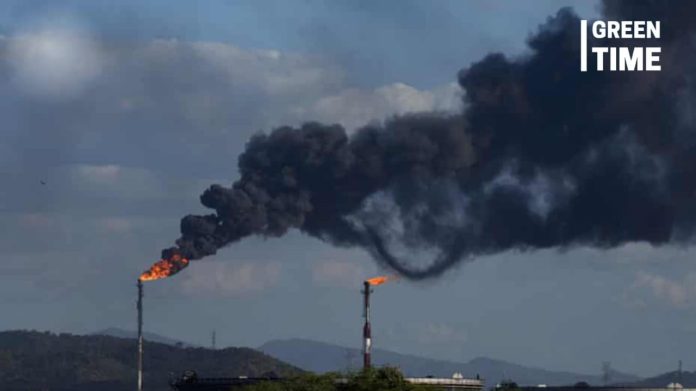More than $650bn a year is spent on public subsidies for harmful industries in the developing world, new data reveals. These industries include fossil fuels, intensive agriculture, and others that contribute significantly to greenhouse gas emissions.
The report, published by the charity ActionAid, shows how these subsidies drive environmental destruction. Despite global climate goals, both developed and developing countries continue to support activities that harm the planet.
For example, the UK allocates about $7.3bn annually in fossil fuel subsidies. This support perpetuates high-carbon industries, undermining global efforts to combat the climate crisis. ActionAid calls for an immediate end to these destructive subsidies.
The charity also emphasizes that developing countries do not need to follow high-carbon practices. It argues that they can adopt low-carbon models, which would still allow economic growth while preserving nature.
ActionAid’s report urges developed nations to increase public finance for low-carbon projects in the developing world. It highlights the need for stringent regulations on banks and financial institutions. These regulations would ensure that financing aligns with human rights, social justice, and environmental standards.
The report underscores the urgency of shifting public funds away from harmful industries. By redirecting subsidies toward sustainable practices, developing nations can prosper while combating climate change. ActionAid stresses that the climate crisis requires immediate, genuine commitments from all nations.
The charity also warns that without global action, these subsidies will continue to fuel environmental destruction. To address this, the authors call for comprehensive reforms in subsidy allocation and stronger regulation of the financial sector.
Ending destructive subsidies is essential for tackling the climate crisis and ensuring a sustainable future for all. The time for action is now.

